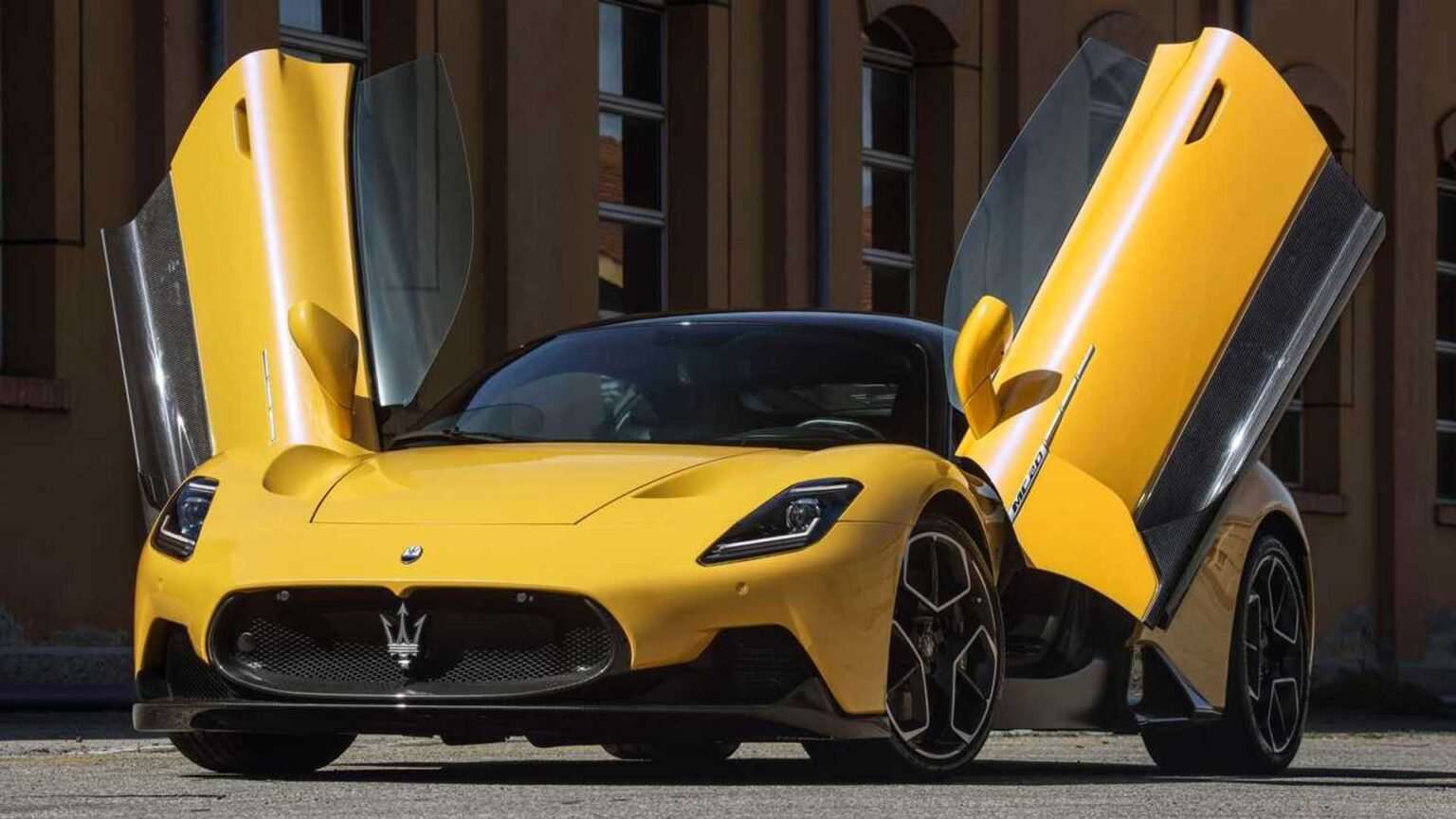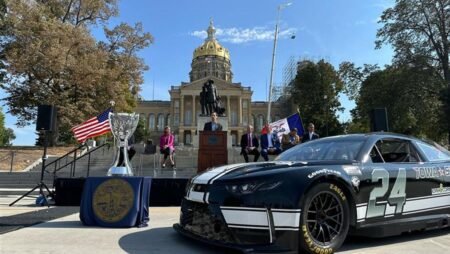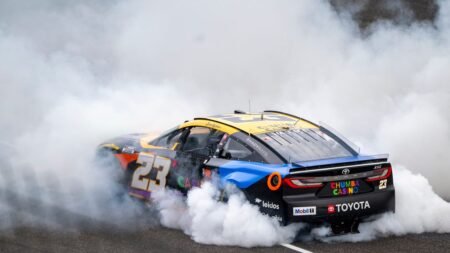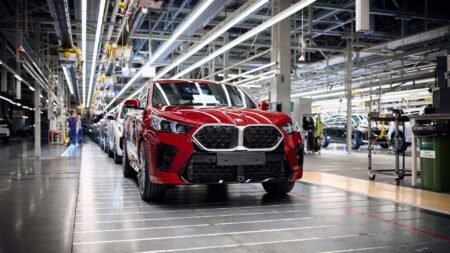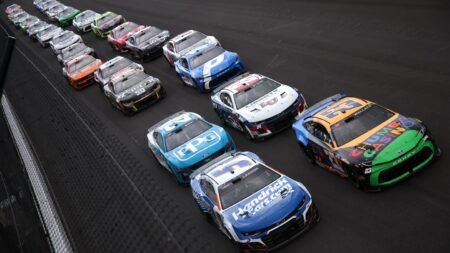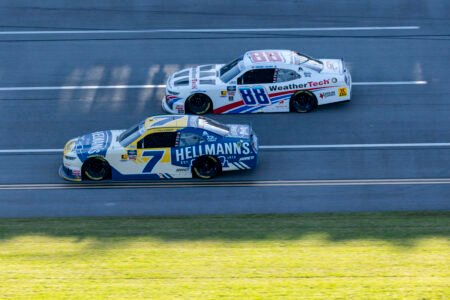It’s been a few months since Maserati canceled the fully electric MC20 after realizing customers “are very keen on driving powerful ICE engines.” That’s according to an official statement sent to Motor1 by a company spokesperson back in March. With that in mind, it’s no surprise the Modena-based automaker is now channeling its efforts into gas-powered models.
Davide Danesin, Head of Engineering, told Autocar that some people have a “bad feeling” about supercars equipped with a battery. We’d add that the sentiment likely extends to most performance-oriented cars, from affordable hot hatches to seven-figure hypercars. He went on to admit that “there are still customers looking for pure mechanical cars,” as evidencened by high-end buyers who had no interest in an EV version of the MC20.
These concerns largely stem from the additional hardware EVs require, which increases complexity, adds weight, and introduces all the downsides that come with it. As a result, the plan is to give people what they want: a pure ICE experience via the company’s Nettuno V-6. Beyond that, a manual gearbox could even make a surprising return.
Maserati hasn’t sold a three-pedal car since the mid-2000s. Yet, Danesin sees a stick shift as a real possibility for a limited-run model: “By doing a purely mechanical car, it does make sense to have a mechanical gearbox with a shifter. It fulfils perfectly our approach and the mindset. So honestly, I think one day we’ll do it.”
Alfa Romeo and Maserati CEO Santo Ficili reiterates that the two Italian brands will collaborate more closely in the future, hinting at the prospect of a jointly developed gasoline supercar. The tie-up would follow the 33 Stradale, which partially borrowed the carbon tub and aluminum subframes at both ends from the MC20.
Autocar speculates that a Maserati-branded supercar would likely be a Granturismo-based GT featuring an upgraded version of the twin-turbo 3.0-liter engine, delivering more than the 621 hp available in the MC20 and its MCPura successor. The added power would likely come without any electric assistance.

An equivalent Alfa Romeo is reportedly also in the pipeline, helping to achieve economies of scale and make a solid business case. However, the brand’s marketing boss, Cristiano Fiorio, recently said a follow-up to the 33 Stradale shouldn’t be rushed, as volume-oriented models are the current priority.
We shouldn’t fault automakers for channeling resources into hybrids and EVs. Increasingly strict emissions regulations make it harder to justify investing in gas-powered sports cars, especially those with large-displacement engines. Another challenge facing car companies and their customers is the higher taxation on pure ICE vehicles in certain parts of the world, particularly in Europe.
To give you a weird example: the BMW M3 is €17,350 ($20,000) more expensive than the M5 in Ireland, due to the latter’s lower emissions (at least on paper) from its plug-in hybrid setup.
Read the full article here





